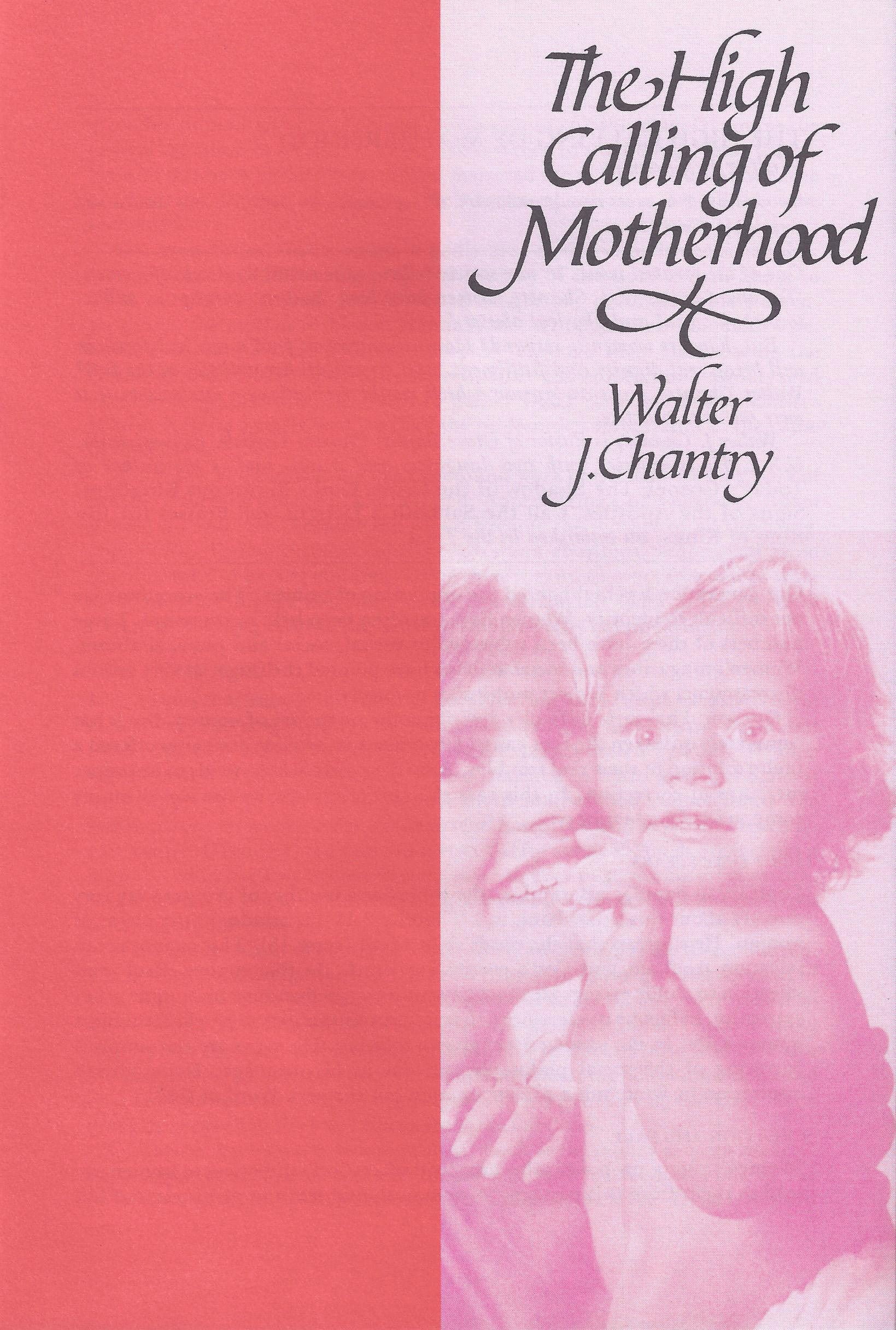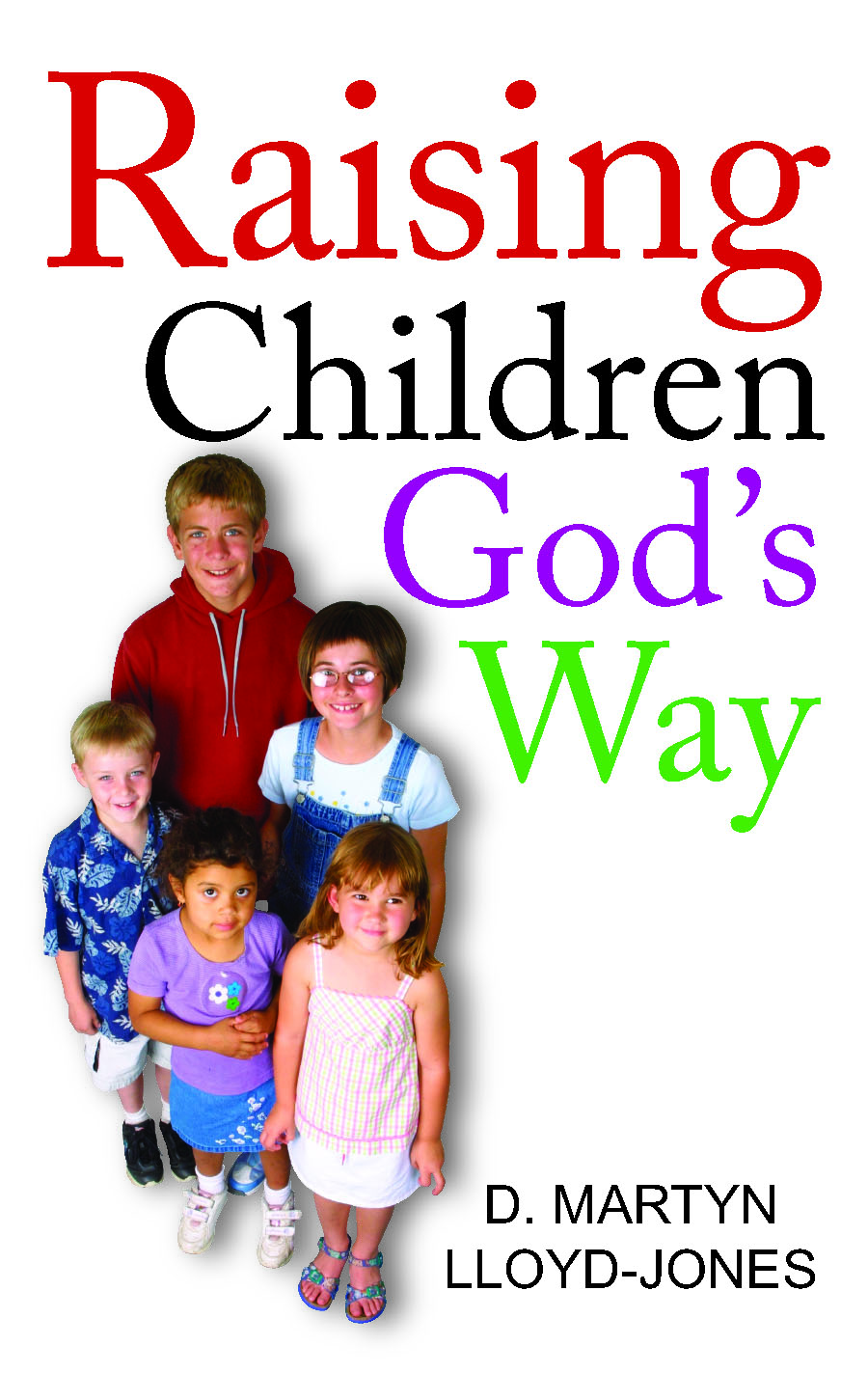When Parents Take Children Seriously
The daily obituary columns in the newspaper increasingly catch one’s eye. One always glances at the age the deceased had attained. Dr Margaret Pollak was 77 when she died earlier this month (The Times, September 14, 2000). A London doctor, Peggy Pollak (as she was known) became intrigued by the wide discrepancies in young children’s development. Even by the age of three some children have unmistakable greater social, linguistic and motor skills than others, and this London general practitioner sought to find out why.
Her work convinced her that the key factors were simple things such as the amount of time and attention paid to children, talking and reading to them (even before they can talk back), being present at their bedtimes, and so forth. Many of these things seem trivial to adults, but they matter a great deal to children. Taking the time to share them, she concluded, is an important signal to children that parents take them seriously.
Peggy Pollak studied the development of children in South Carolina, Israel, and Vietnam as well as in Brixton. She never had children of her own. There were few professors who were interested in this subject to whom she could attach herself. She became a self-taught paediatrician deeply trusted by parents and by a growing number of London doctors. She became a consultant and eventually a reader at King’s College Hospital.
The Times‘ obituary said, ‘She brought to her work a passionate concern for her patients, coupled with a hard-headed common sense. She could celebrate every child’s smallest achievement, without ever making concessions to romanticism.’
Margaret Wrothwell-White (which was her maiden name) had always had ambitions to become a doctor. Her mother did not agree and so there were many home battles to win in order to fulfil her ambition. She financed her studies in Leeds during the war years by becoming an ambulance driver. She triumphantly graduated in 1950. Her husband Benno Pollak was also a doctor. He had gained a medical degree in Prague before joining the British army and completing his studies. It was a wonderfully strong marriage. Her husband delighted in her beauty, grace and practical accomplishments. Their home was a haven of hospitality to friends.
They became doctors in the inner city, keeping careful clinical notes and doing basic research, collecting observational data on the relationship between child development and different approaches to child-rearing. In 1972 came her first major publication, Today’s Three-year-Olds in London. It demonstrated that the quality of family life contributed more to all-round development than social or economic factors. To many doctors and sociologists that was not a popular thesis, especially coming from the observations of a general practitioner. But the intellectual rigour of the work could not be refuted.
She gained recognition and became senior lecturer at the Sir Wilfred Sheldon Children’s Centre, of which she became a medical director. She lectured all over the world and was deeply interested in her students and the visitors who travelled far to see her. Her work was so firmly rooted in her own experience that this gave her message a confidence which carried enormous conviction.
In 1979 she wrote Nine Years Old which confirmed the importance of love, security, and responsibility within the home. She showed the importance of stable family units. None of this was fashionable, and much of it was unwelcome in circles which she regarded as dangerously divorced from reality and the needs of children. She retired in 1985, and the rise of evidence-based medicine has meant more and more attention has been given to her techniques. Her conclusions are now the orthodoxy. Her work is summarised in the Textbook of Developmental Paediatrics (1993). In the closing months of her life she was working on her reading scheme Wizzo and Max with video and supporting books to be used by parents and children together.
What she says supports the Christian approach to parenthood, well stated in Walter Chantry‘s pamphlet High Calling of Motherhood (Banner of Truth), which should be on display on every Christian book table.
Of Further Interest

The High Calling of Motherhood
10 Copies
Description
The daily obituary columns in the newspaper increasingly catch one’s eye. One always glances at the age the deceased had attained. Dr Margaret Pollak was 77 when she died earlier this month (The Times, September 14, 2000). A London doctor, Peggy Pollak (as she was known) became intrigued by the wide discrepancies in young children’s […]

Description
The daily obituary columns in the newspaper increasingly catch one’s eye. One always glances at the age the deceased had attained. Dr Margaret Pollak was 77 when she died earlier this month (The Times, September 14, 2000). A London doctor, Peggy Pollak (as she was known) became intrigued by the wide discrepancies in young children’s […]
Latest Articles
Finished!: A Message for Easter 28 March 2024
Think about someone being selected and sent to do an especially difficult job. Some major crisis has arisen, or some massive problem needs to be tackled, and it requires the knowledge, the experience, the skill-set, the leadership that they so remarkably possess. It was like that with Jesus. Entrusted to him by God the Father […]
Every Christian a Publisher! 27 February 2024
The following article appeared in Issue 291 of the Banner Magazine, dated December 1987. ‘The Lord gave the word; great was the company of those that published it’ (Psalm 68.11) THE NEED FOR TRUTH I would like to speak to you today about the importance of the use of literature in the church, for evangelism, […]
